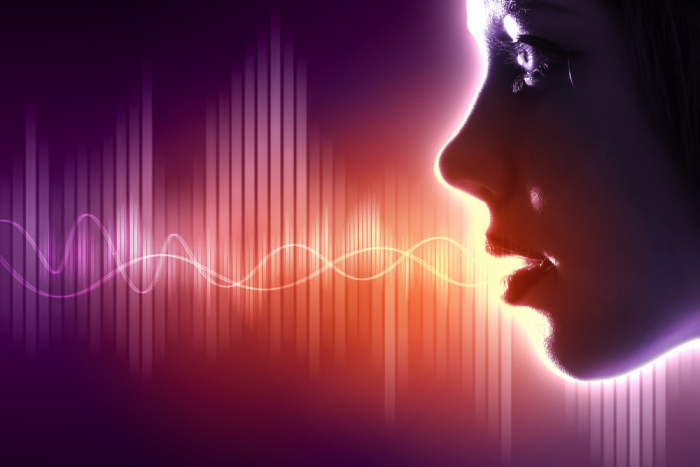Posted: February 1, 2017
The sound of our own voice is something we hardly think about and what we often take for granted. We might randomly think about it when we hear our answering machines but other than that, we regularly don’t. Yet, we use our voice to express emotion, to show love or anger. We use it to debate or to comfort others. It allows you to cry out when you need help. Voice is your main way in keeping contact with other human beings. What if your voice was taken away one day or what if you were born without it at all?
Cerebral Palsy often disturbs the parts of the brain that controls speech. In severe cases, an individual may lose all capability to talk. Technology has been able to help with this issue through the aid of communication via computers. The I-Series from Tobii Technology, an eye tracking machine is one of these. It was exclusively built for people who are not only non-verbal but also have troubles in controlling parts of their body. Tobii Technology is a computer tablet that uses two cameras on the screen to track eye movement. The camera tracks the action of the eye cornea as the user glances around on the monitor. The technology sanctions users to “click” like you would using a computer mouse by staring at a certain spot on the screen. The Voice Output Communication Aid (VOCA) stores pre-recorded messages that play for certain words or phrases when selected. Permitting the operator who would not be able to express themselves, a voice.
Your voice is part of your own personal identity. It helps distinguish you from one person to the next. However, for the many that use these VOCA devices, they all share the same exact robotic voice. For children, it is even more concerning because they don’t sound like the child they are, instead they sound like a grown woman or man. Many of us are familiar with what computers sound like when they talk. They do not sound human at all and sound rather robotic. One of the most recognizable and enhanced of those is Apple’s Siri. Technology has progressed a lot over the years but the voices of much of these computer devices lack emotional quality.
VocaliD, a speech technology company is helping solve this issue by using a human voice bank. Volunteers from all ages can go in and record samples of their own voice saying words and phrases that a subject using the assistive technology can use. A non-verbal subject will be asked to record the sounds they can make and then the company matches the sounds up with a voice donor. Blending the donor voice and the non-verbal client’s sounds together, ending in a unique voice that is ready to use. The human voice bank has around 19,000 voices from adults and children around the world to use.
An example of the human voice bank at work can be seen in John Gregoire, a patient with Amyotrophic Lateral Sclerosis, who was one of the first to receive a customized voice. It is so easy to donate your voice so that others like Gregoire, can use it. VocaliD shows how you can go through the simple donation process using their virtual studio in the comfort of your home in this video.
Tobii Technology has not only helped give people the ability to have a voice but the power to succeed in secondary educational programs as well. Stefan Lundal has a student whose Tobii Eye Tracker makes it possible for him to pass courses in his graphic design program. The professor has not had to modify the program at all and the student is receiving the same treatment along with education as everyone else. This student can now gain the training and education to land a job in their dream field of designing game graphics. You can watch Sebastian’s story of how this technology is helping him make his career dreams come true here.
Companies like Tobii Technology and VocaliD have impacted so many lives with their life altering tools. Giving people the freedom to say what is on their minds, with a voice to match. We hope to see that everyone has a chance to obtain their own personal voice in the future.
If you have any questions about Cerebral Palsy, feel free to call us at (800) 692-4453. You can also visit our Facebook and surf our website for the latest news and resources.






